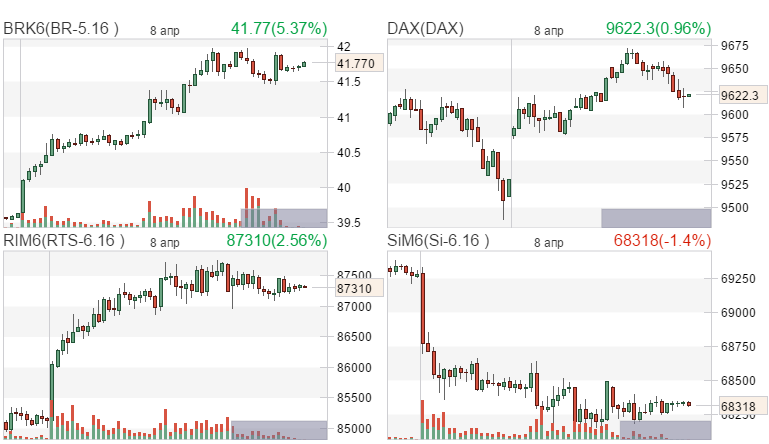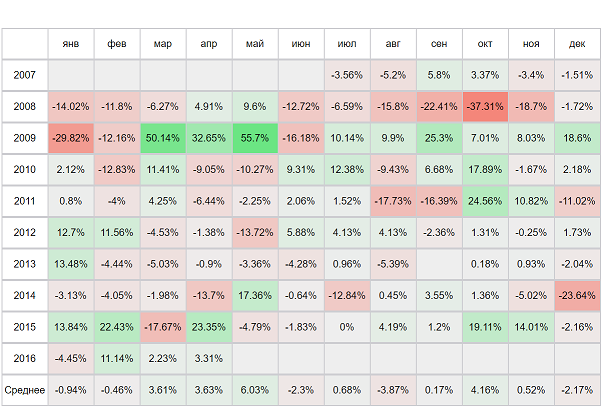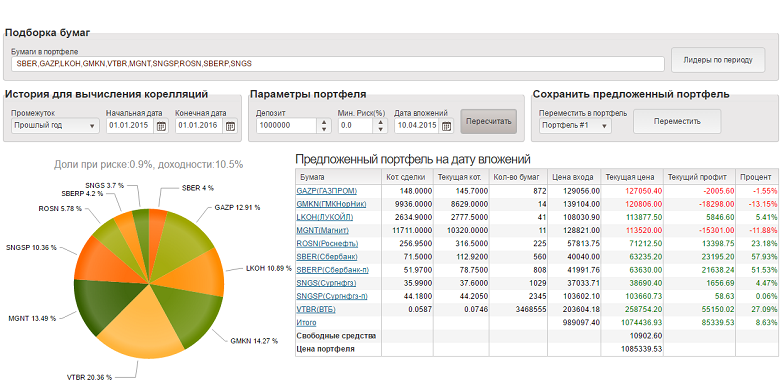 |  |  | |||||||||||
 |
|
||||||||||||
 |  |  | |||||||||||||||
 |
|
||||||||||||||||

Техническая поддержка
ONLINE
 |  |  | |||||||||||||||||
 |
|
||||||||||||||||||
7 Proven Employee Retention Strategies to Implement in 2025
ruticker 06.03.2025 18:34:47 Recognized text from YouScriptor channel AIHR - Academy to Innovate HR
Recognized from a YouTube video by YouScriptor.com, For more details, follow the link 7 Proven Employee Retention Strategies to Implement in 2025
Imagine you're a manager. The best person in your team asks you if you have 10 minutes at the end of the day to discuss something, and all of a sudden, you just know that they will hand in their resignation. And then they do. This is a feeling that every experienced manager will recognize. Suddenly, your best performer is gone, the project is one person short, you will not make the deadline, and you need to hire someone new, which will take at least two months. So, what could you have done differently to make your employee stay? Don't worry; you don't have to leave employee retention up to fate. There are proven strategies that can help you improve retention in your organization. My name is Nelly, and in this video, you'll learn about employee retention, why it is critical to the success of your organization, and seven proven employee retention strategies. And if you want to know why HR professionals make great magicians, stay tuned until the end. But before we dive in, don't forget to like this video, hit the notification button, and subscribe to our channel. Now buckle up; it's time to talk retention! **Employee retention** is a set of practices, policies, and strategies to keep talented employees at your organization and reduce turnover. Here's the issue: many companies focus too much on hiring and not enough on retaining their talent. It's all well and good until your people start leaving. And that's the thing—losing an employee is expensive. It costs about 1.5 to 2 times an employee's annual salary to replace them, and that doesn't even account for the time and resources that go into hiring someone and bringing them up to speed. It also impacts team morale. Turnover is contagious; if a co-worker leaves, other employees are 9% more likely to leave as well. For smaller teams, this number is even higher. For example, in a two-member team, when one quits, the other is 25% more likely to also leave. So rather than struggling to redistribute work and hire someone new, let's focus our efforts on making sure your employees want to stay. Here are **seven strategies** that can do just that for your retention rate: 1. **Stay Interviews**: What's a better way to improve retention than finding out why people leave? A stay interview gives you insight into what people love about working for your organization and what you can do to make their experience even better. You can ask questions like: - What do you look forward to most when you come to work every day? - What are your favorite and least favorite parts of your job? - Would you recommend our company to a friend or colleague, and why or why not? - If you were the CEO for a day, what would you change about the company and your work environment? These conversations provide valuable input to improve the organization and better retain people. 2. **Employee Value Proposition (EVP)**: Your EVP is the unique combination of benefits and opportunities that make your company a great place to work. Think of it as your organization's answer to the question, "Why should I stay?" After all, companies that deliver on their EVP can decrease annual employee turnover by 69%. To create a compelling EVP, you'll need to factor in five elements: compensation, benefits, growth opportunities, work-life balance, and organizational culture. A strong EVP gives your employees a good reason to stick around. 3. **Clear Communication**: Communication is key to employee retention. Here are three ways to improve communication in your workplace: - Be transparent about your company goals, changes in the organization, and expectations. - Encourage open feedback by listening to your employees' concerns and acting on them to create a better workplace. - Communicate benefits and opportunities regularly. When employees feel heard and well-informed, they are more likely to stay loyal to your company. 4. **Onboarding Plan**: Did you know that 20% of turnover happens in the first 45 days of employment? That's why having a solid onboarding plan is crucial. A 90-day onboarding plan is the perfect tool to help you do that. It outlines new employees' goals and objectives for the first three months of their employment, helps new hires feel welcomed, clarifies expectations, and sets them up for success. 5. **Training and Development**: Training and developing your employees can do wonders to improve retention. According to LinkedIn, a whopping 94% of employees are willing to stay at a company longer if it invests in their development. Of course, you should only invest in training if it helps you achieve organizational goals. If you want to know the best practices that can help you set up a successful training program, check out our learning bytes on this topic right here. 6. **Well-Being**: Investing in the well-being of your people doesn't just help you ensure that they are in the best shape to work; it's also a good way to show your employees you value them and their contributions. When employees feel cared for, they are more likely to remain loyal to your organization. Keep in mind that well-being is not just about the physical health of your employees; total well-being also includes their mental and financial well-being. All three are needed to bring your whole self to work and not worry about other things when you're on the job. 7. **Recognition**: Perhaps the easiest way to improve retention is by recognizing employees for the excellent work they do. When employees feel valued and appreciated, they're more likely to stick around. When they don't, 66% of employees would quit if they felt unappreciated. Workplace recognition can come from either managers or peers. The manager can give employees recognition, help them learn and develop themselves through feedback, and be there to solve problems for the employee. Meanwhile, peer-to-peer recognition can help team members connect better with each other and increase work motivation. So there you have it—the seven best practices that will help you retain your top talent. Now I have a question for you: why do HR professionals make great magicians? Because they always know how to keep their best talent from disappearing. That's it for this video! Before you leave, don't forget to like this video, hit the notification button, and subscribe to our channel. Bye!
Залогинтесь, что бы оставить свой комментарий












